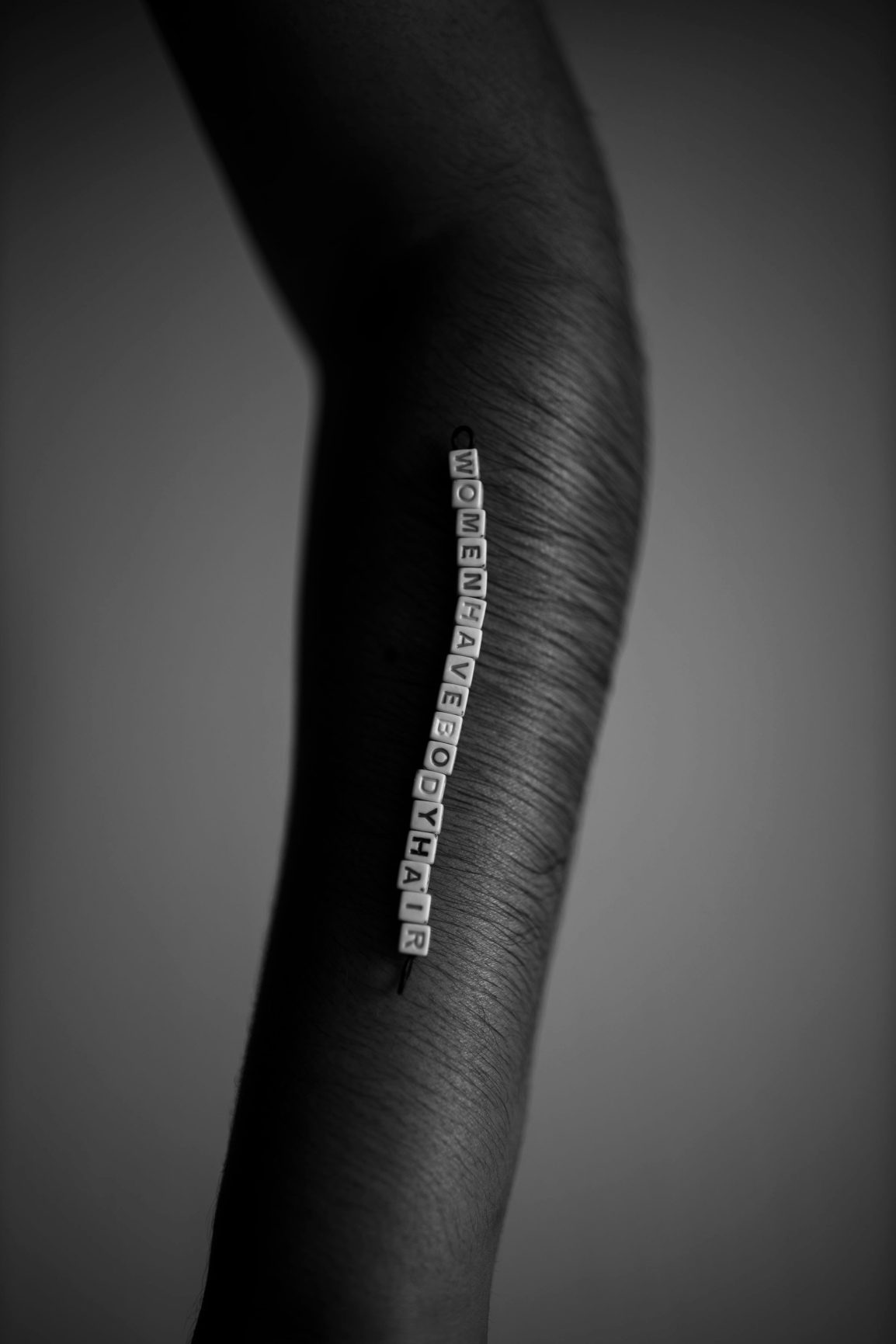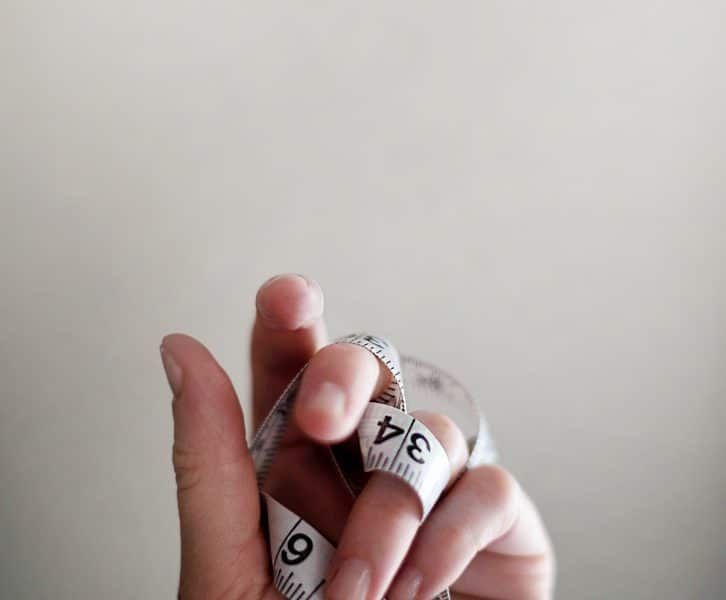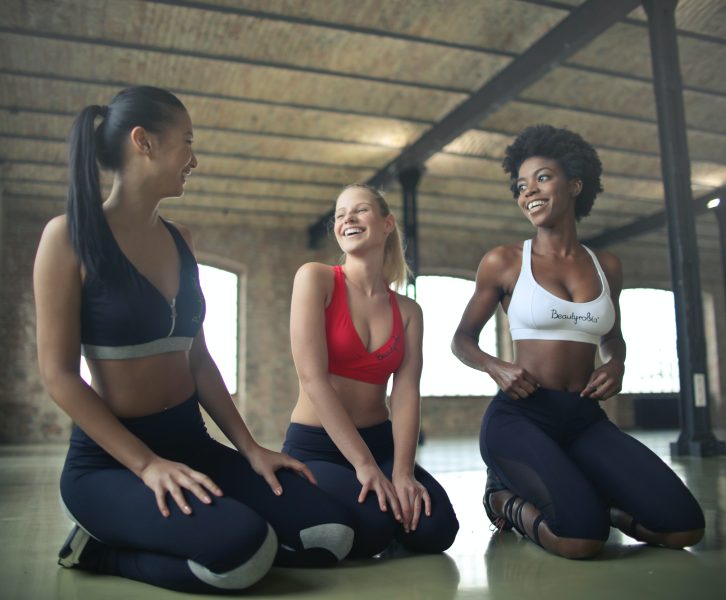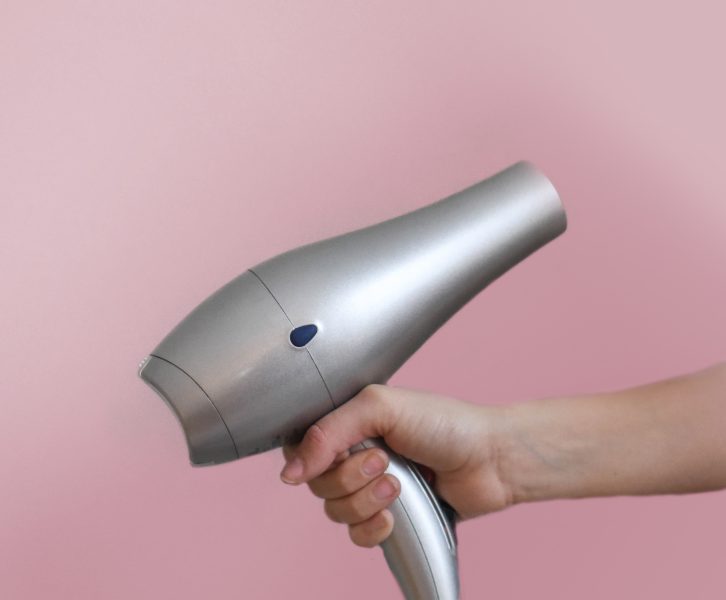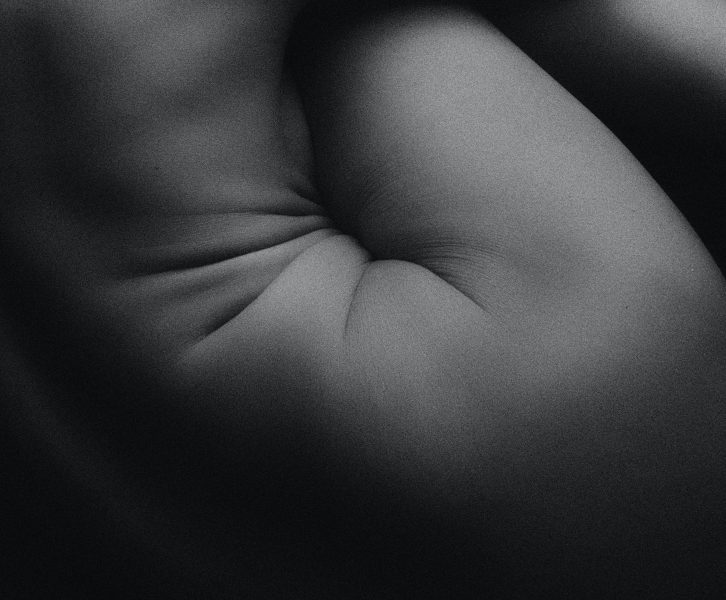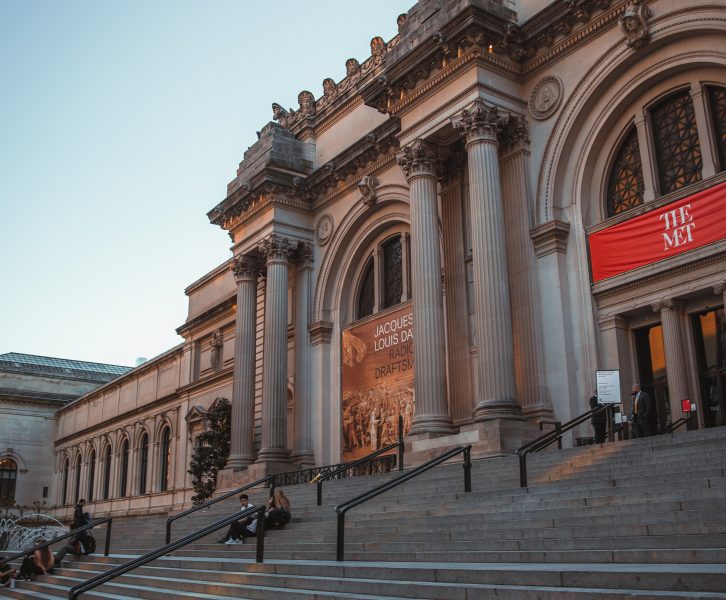Consider “Body Hair”
The first thing that pops into people’s minds when they think about hair is the hair on their heads. It is body hair, but it’s not what people think of when the specifying adjective “body” is placed in front of it. If we were to go one step further and question not only what hair does but what body hair does, most people would likely mention its ability to protect us from heat or the environment. This notion of body hair isn’t wrong; that surface knowledge was the extent of my understanding before I dug deeper. The cool thing is that hair has a plethora of usages and benefits that most people are unaware of and take advantage of daily. From the smallest hairs we tend to overlook, such as eyebrow or nostril hair, these specialized hairs prevent dust, dirt, and water from entering our eyes and filter out the pollutants we encounter. Further, scalp hairs protect us from UV rays and stabilize brain temperature.
What is the Purpose of Body Hair?
Many people see hair solely for maintenance purposes or for its cosmetic use or removal, but it provides several useful functions for humans. Hair itself is vital in determining biological problems that humans face. The hair follicle plays a role in epidermal homeostasis (a renewal process of the cells that provide new cells that are lost during tissue turnover or after a wound), wound healing, and tumorigenesis, the formation of cancer, whereby normal cells turn into cancerous cells.
Out of primates, humans are considered the most hairless, yet similar to elephants and rhinoceroses. Elephants and rhinoceroses spend their time in the water to cool off, so thick hair is not required to regulate their temperature. It triggers an understandable question: Why do humans not have much hair compared to their counterparts in the family kingdom? The question is flawed since humans possess similar “amounts” of body hair. The coarseness of human body hair differs due to the environment and evolution of the human body.
As to the reason why humans no longer have such thick hair anymore, theories suggest that it was to adapt to keeping out parasites that enjoyed thicker hair or fur covering, or thicker fur no longer served a purpose as humans walked on two feet and revealed only 1/3rd of their body to sunlight (a theory known as bipedalism). As for the current state of human body hair, scientists have concluded that hair grows thicker on our heads, genital areas, and underarms to regulate and provide protection in those sensitive places. Most commonly noted, body hair helps with thermoregulation, and humans have an internal mechanism that allows the body to regulate the temperature. Unfortunately, it is much less effective compared to other mammals. Hence, the reason the process of evolution provided humans with less thicker body hair is to allow human bodies to regulate themselves through sweat (since sweat doesn’t get trapped in thicker hair).
Why We Should Know The Purpose and Importance of Body Hair.
Understanding the purpose of body hair is essential to empower people to have autonomy over their bodily functions and destigmatize the negative connotations of having body hair. Especially for women, it’s crucial to stop society from weaponizing a normal and essential body part. It prompts curiosity and a burning question for many: Why does body hair covering differ between men and women? This question haunted my younger self. That young girl felt like she was an abnormality for having body hair “like a man” when that whole rhetoric was flawed in the first place.
The Judgement of Female Body Hair
I distinctly remember standing in line with my classmates, inside the hallway, and waiting outside the gym before we went inside for P.E. I turned around to talk with my friend, but for some reason, a classmate right behind her felt the need to interject. He pointed out that my upper lip looked too dark and that girls don’t have mustaches. I remember shame flooding me immediately, and my brain went blank. What was I supposed to say? Instantly, thoughts flooded with agreement over it being weird that I had a “mustache.” Why was mine so much darker compared to all my white friends? Was there something wrong with me? There has to be, or else why would he go out of his way to point it out? I was just a kid. I wasn’t able to have a perception of my own body at that time. It took one single comment for me to hold that negative perception of myself and beg my mom to remove that “abnormality” when it was never one to begin with. If it wasn’t the mustache, it was the hairy arms. If it wasn’t the hairy arms, it was the hairy legs.
My 9-year-old self carried that shame until she was old enough to get her upper lip threaded and shave her arms and legs. It felt unfair that my white peers possessed the same hair on their upper lips, arms, and legs, but because of its light hue, nobody felt the need to point it out. It took me years to get to a position where I was okay with my body hair, let alone proud of it. But, this criticism didn’t spare my white counterparts later as the white friends I knew became criticized for having body hair likewise more prevalently as society changed their tune as they went from innocent young girls to “rebellious” teenage girls. Sickeningly, this ascension in maturity warranted and justified hatred and “well-intentioned” comments from their female and male counterparts. The shame and embarrassment spared no girl then and spares no woman in our society today.
Everyone Has Body Hair
Everyone has body hair. Body hair grows more densely in men and women because of the hormones called androgens that men possess more than women. These hormones cause men to grow thicker facial hair and chest hair. And, while it is important to note that women with “less” body hair or visible facial hair became desired traits and led to increased hairlessness in women, women naturally grow and have facial/body hair.
Women have body hair because they are humans, and all humans possess facial and body hair. Some women may have thicker body hair than deemed standard because of differences in hormone production of androgens depending on genetic factors.
Genetics determine individual levels of androgen and why there is a difference in body hair among people irrespective of gender or race. Logically, people realize that certain ethnicities exhibit darker hair, different hair types, and different facial features. Yet, for some reason, this becomes a problem in understanding and applying that to women’s facial hair. The bottom line of body hair and facial hair growth is that everyone grows it, and it doesn’t matter whether it’s more visible for some people. Body hair is normal, and it shouldn’t matter whether someone cares to keep or get rid of it.
Body Hair is Completely Normal
Society fails to mention that body hair is normal. It doesn’t teach children that their body hair carries vital roles. Does it fall on the education system to teach people not to stigmatize body hair, or is it a personal responsibility? People are free to shave or maintain their body hair. And yes, It’s nobody else’s responsibility or business what a person decides to do with their hair. Yet, it would be a lie to ignore the fact that society drives a harmful narrative of having body hair, especially for women. Many young girls are othered and made fun of for having body hair. Society forces these young girls to change themselves and operate under the values of the patriarchy.
A common stance is that it’s impossible to control what people say. Though, we should stop and question why anyone would make those comments in the first place. Why would a kid cruelly bully another kid for something they can’t control unless they felt threatened by it? Humans tend to fear and demonize the things that they view as weird or don’t know a lot about. Nobody can control what another person says, but people can choose to normalize things or stigmatize them.
Body hair is only demonized for women because many people think that women shouldn’t have it or that they don’t even grow it. People who manage to fit the ideal of hairlessness and don’t feel the need to say anything are part of the problem. This bystander effect has driven countless atrocities and discrimination simply because society normalized it, and some people were able to benefit from it. Just because women have internalized and operated under the idea of body hair being unconventional and “manly” for so many years doesn’t mean future generations have to go through the same thing.
To Remove or Not To Remove Body Hair Is Your Choice
Additionally, others will say that if people have the means to remove their body hair, why wouldn’t they remove it? People should question who came up with these requirements in the first place. This constant chase for approval may make a person happy at first. But, the fickle nature of society shows time and time again that approval changes to quick and brutal criticisms as soon as a person deviates from the expected rules.
It’s no one’s responsibility to build a person’s self-esteem or prevent people from being mean to others but to encourage critical thinking about why something is considered taboo and dismantle people’s misconceptions. Instead of forcing half the population to be ashamed of a natural part of being human, why not educate everyone and empower people to be proud? In doing this, it would make a person’s choice to remove body hair and keep it both acceptable.
It should be allowed for a woman, a human being, to choose whatever choice and be able to live her life comfortably and unashamedly. Am I able to, and will I still shave my arms and legs? Yes. Will I be embarrassed when I have visible hair on my arms and legs when I don’t shave? No. Whether I choose to remove my body hair or let it be, it will never change my femininity or affect my authenticity. And that’s the way it should be for everyone.

